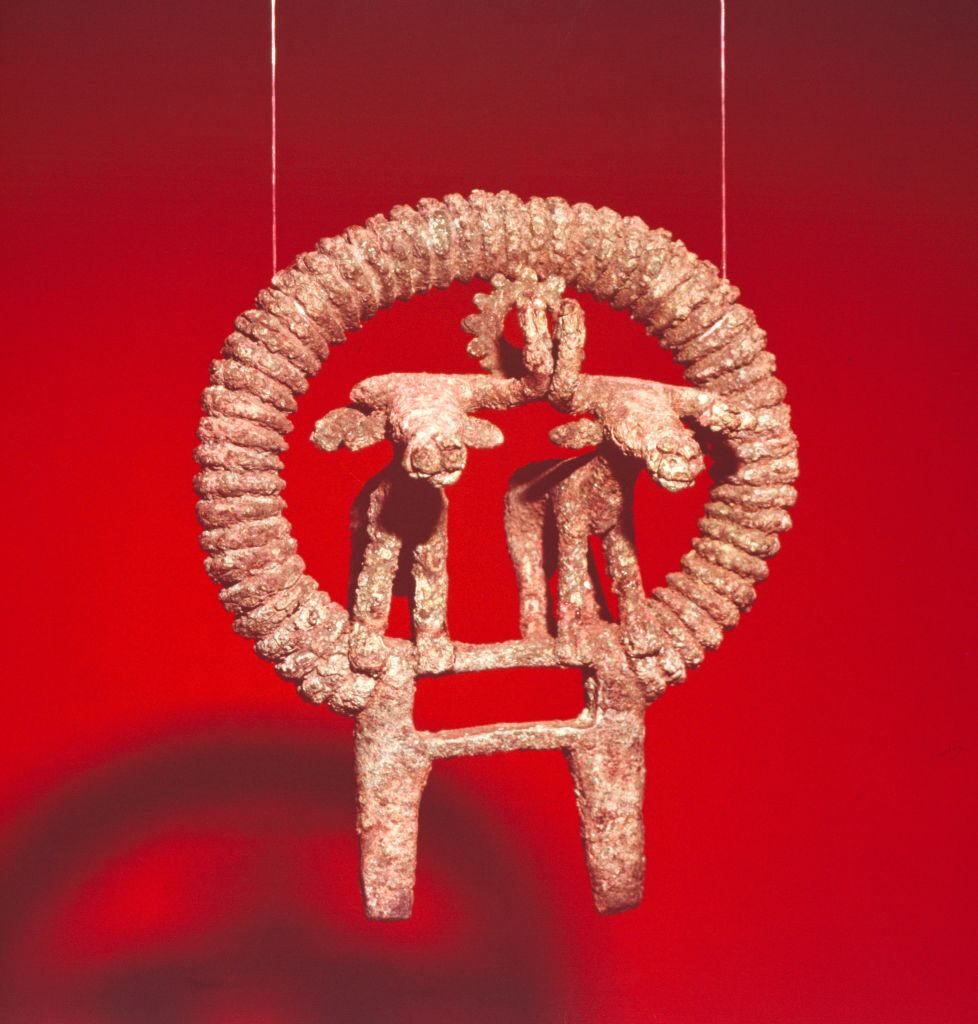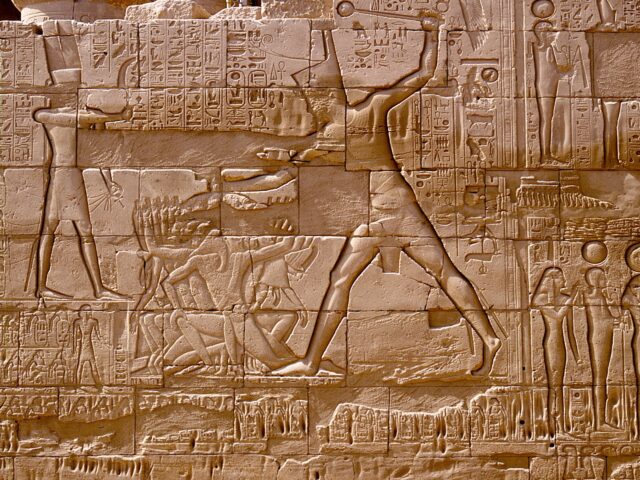A Cornell University team has proposed that “climate change” toppled the ancient Hittite Empire, suggesting an ominous parallel with today’s “warming planet.”
“The potential of climate change to substantially alter human history is a pressing concern,” assert the researchers, citing “a 300-year, low-frequency shift to drier, cooler climate conditions around 1200 BC” often associated with “the collapse of several ancient civilizations in the Eastern Mediterranean and Near East.”
The study, published Wednesday in Nature, points to three consecutive years of extreme drought as a “tipping point” that contributed significantly to the demise of the Hittite Empire around 1200 BC.
“Recent scholarship inspired by contemporary concerns around climate change has increasingly shifted from explaining the fall of the Hittites and the wider collapse of several Late Bronze Age civilizations with invaders or raiders, earthquakes or various political–economic changes as prime movers, to speculate instead on a possible underlying climatic or environmental driver,” the study contends.
To this end, the team examined ring width and stable isotope records from contemporary juniper trees in central Anatolia, which provided “a high-resolution dryness record.”
“This analysis identifies an unusually severe continuous dry period from around 1198 to 1196 (±3) BC, potentially indicating a tipping point,” they declare.

Hittite oxen, Turkey, c1600 BC-1350 BC. The Hittites were an Ancient Anatolian people who established an empire centered on Hattusa in north-central Anatolia around 1600 BC. This empire reached its height during the mid-14th century BC under Suppiluliuma I. Istanbul MuseumArtist Unknown. (CM Dixon/Heritage Images/Getty Images)
Significantly, this extreme weather event brought about by climate change “signals the type of episode that can overwhelm contemporary risk-buffering practices,” warns the study, carried out by Sturt W. Manning, Cindy Kocik, Brita Lorentzen, and Jed Sparks.
The researchers argue that in the case of the Hittite Empire, “drought, famine, reduced harvests and concomitant reductions in workforce and military strength might be suggested as possible explanatory structures” for the collapse of the civilization, “mirroring drought as the main threat to agriculture and food security in Anatolia in more recent history.”
This extremely dry interval “stands out as a probably substantial climate challenge to food production and subsistence in central Anatolia that may have defeated normal strategies and storage provision in the Hittite administrative core,” they state.
The researchers take pains to show the relevance of their study for the contemporary world, especially as related to climate change and human adaptability.
The study asserts that the potentially critical vulnerability of established human systems to unexpected and consecutive multi-year extremes can “break and overwhelm established adaptations and resilience practices” and this “applies in history as well as the present in the face of current climate change.”

COMMENTS
Please let us know if you're having issues with commenting.